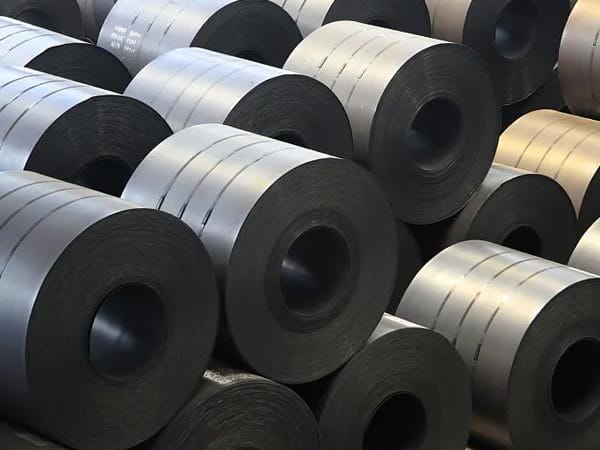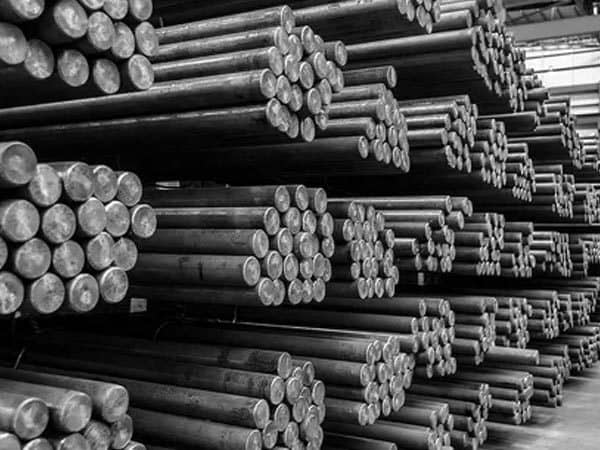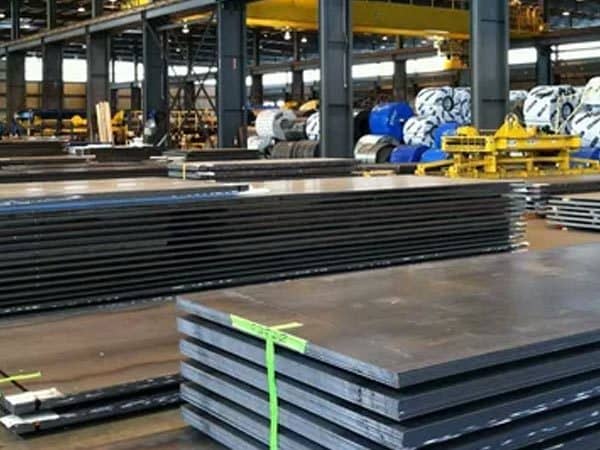Steel pipes have a wide range of uses, mainly depending on their material, cross-sectional shape, production process and specific application scenarios. Here are some specific uses for steel pipes:
For transportation pipelines: Steel pipes are widely used to transport fluids and powdery solids, such as water, gas, oil, natural gas, etc.
For engineering structures: used to manufacture building structure grids, pillars and mechanical supports, etc., which can reduce weight and save 20 to 40% of metal.
Thermal equipment: used in the manufacture of heat exchangers, boilers and other thermal equipment.
Petrochemical industry: In petrochemical, papermaking, nuclear energy, food, beverage, pharmaceutical and other industries, steel pipes are used to transport fluid media.
For machinery manufacturing: used to manufacture automobile transmission shafts, bicycle frames, oil drill pipes and other mechanical parts.
For geological drilling: used for petroleum geological drilling and transporting high temperature and high pressure fluid.
For high-pressure equipment: used to manufacture high-pressure oil pipes, hydraulic props, etc. for diesel engine injection systems, which can withstand high-pressure environments.
In addition, steel pipes can also be divided into civil pipes and industrial pipes according to different uses. Civilian pipes are generally used in decoration, construction, structure, etc., while industrial pipes are widely used in petrochemical industry, papermaking, nuclear energy, food, beverages, medicine, etc. The industry has higher requirements on fluid media for pipelines.




